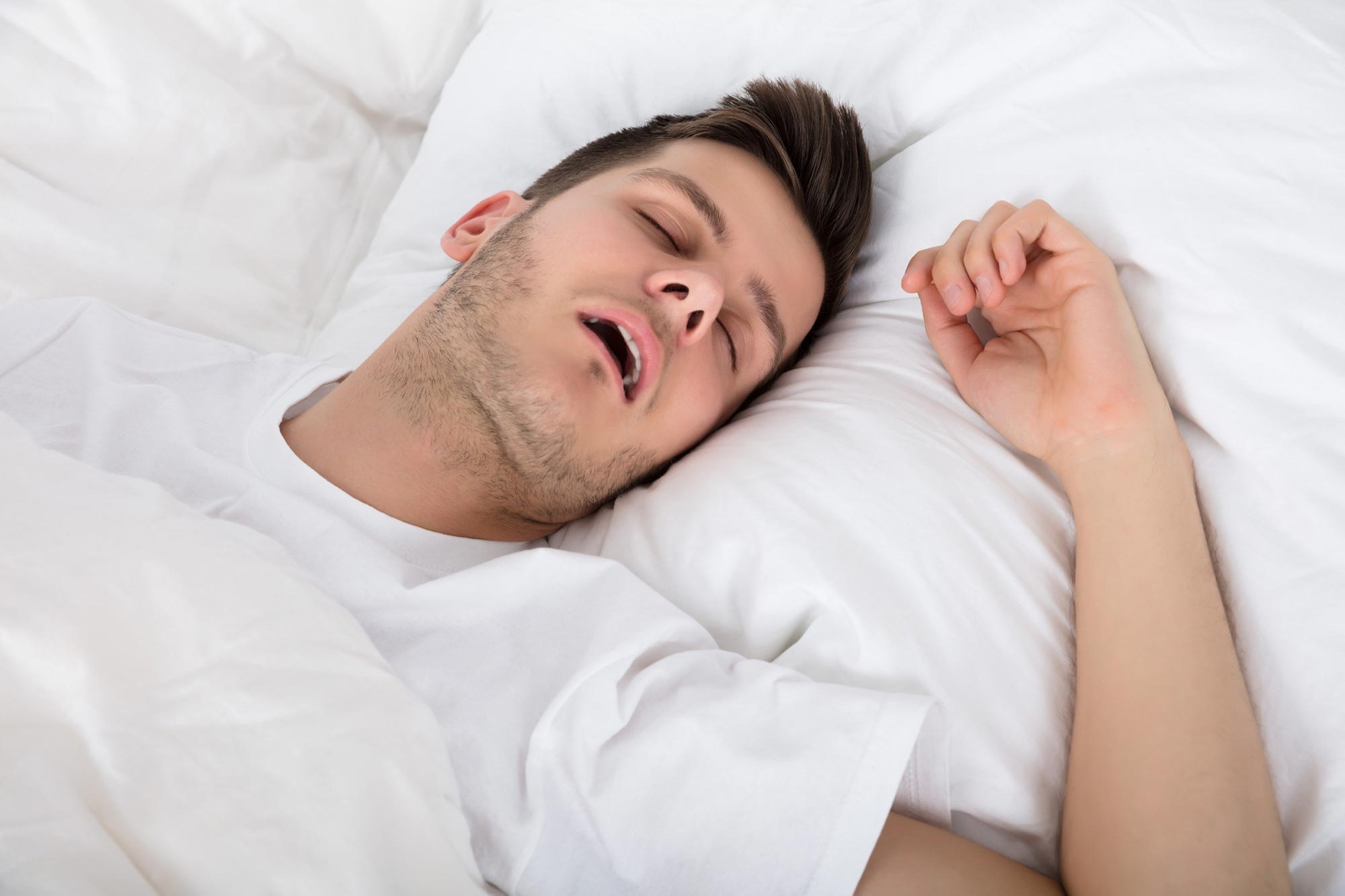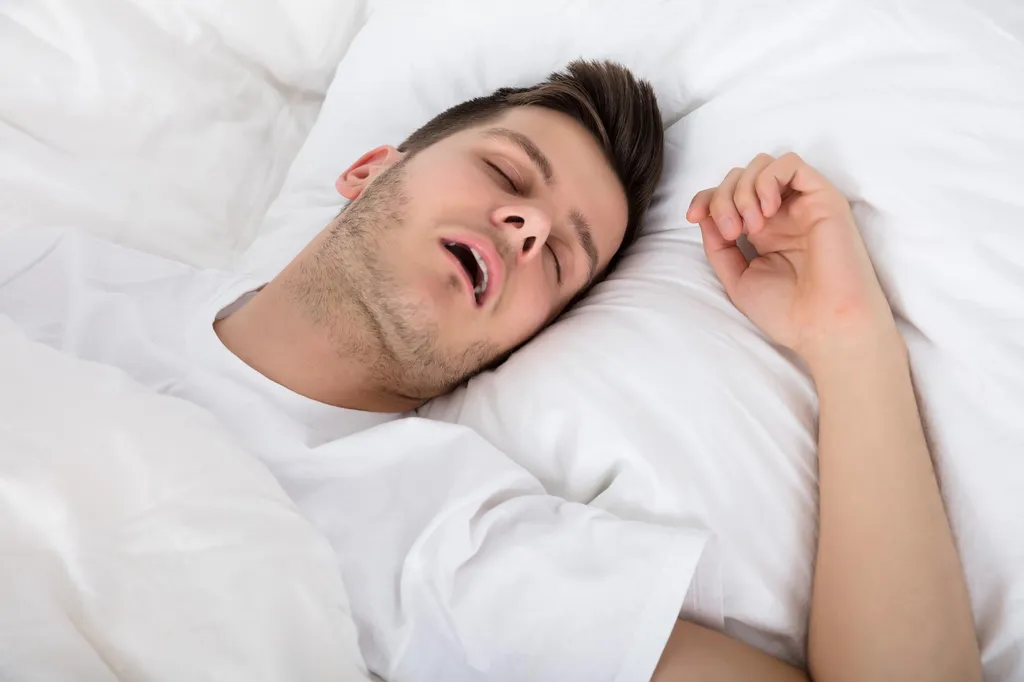

According to the research, those who snore often and those who have sleep apnea are less active throughout the day.
A study indicates a bidirectional relationship between snoring and activity levels.
A recent study presented at SLEEP 2022 found that frequent snorers and those at high risk of obstructive sleep apnea are less active than people who don’t snore.
Researchers studied the connection between snoring frequency and minutes of sedentary activity in three years of data from the National Health and Nutrition Examination Survey. Researchers created a score to identify those at risk of sleep apnea based on the frequency of snoring reported by participants and their level of sedentary activity.
After controlling for factors such as gender, age, race, education, and marital status, individuals who often snore had around 36 more sedentary minutes per day than those who said they never snored. Additionally, individuals who had a high risk of developing sleep apnea spent roughly 44 minutes longer each day inactive.
“Sleep-related breathing issues like snoring and sleep apnea are very common in the population,” said senior author Dr. Michael Grandner, director of the Sleep and Health Research Program at the University of Arizona. “But these issues don’t just affect the nighttime. They can lead to more tiredness and less energy, which can impact everything from mood to stress to — as we saw — activity level. This may be why even just snoring can impact health and well-being.”
Reference: “0714 Population-Level Snoring and Probable Sleep-Disordered Breathing Associated with Greater Sedentary Activity” by Harun Abdi, Brooke Mason, Chloe Wills, Andrew Tubbs, William Killgore and Michael Grandner, 25 May 2022, SLEEP.
DOI: 10.1093/sleep/zsac079.710